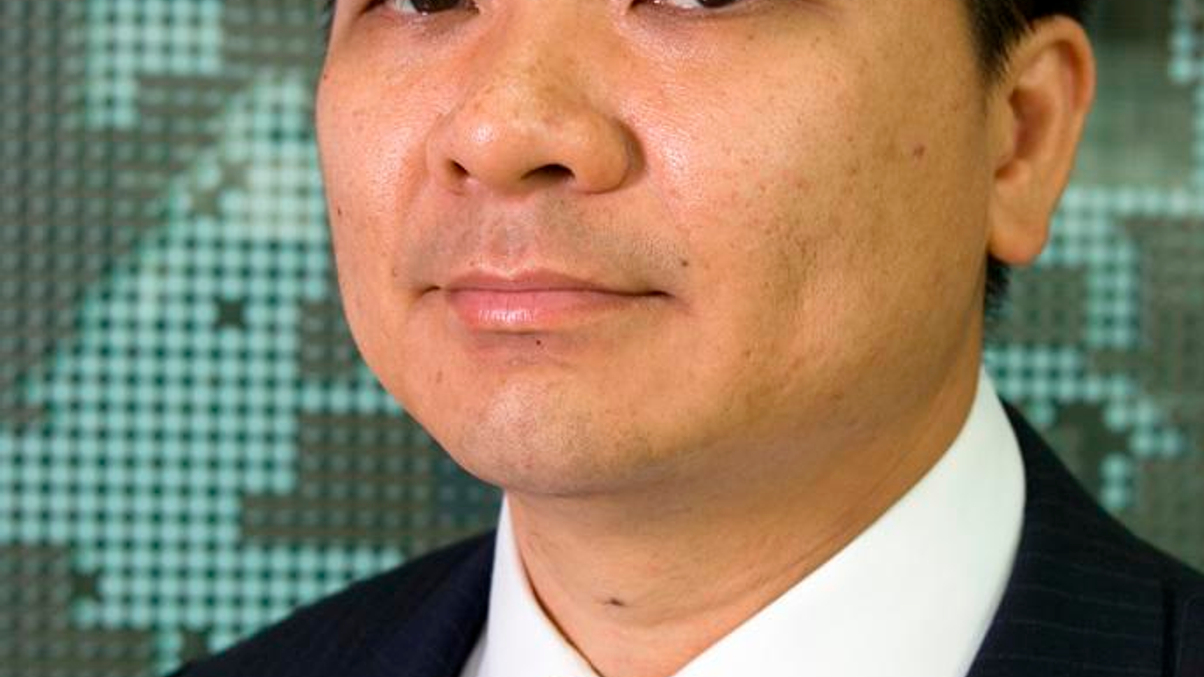Custodians challenged by supervisory role in Thailand
Since Thailand's securities watchdog introduced a clampdown on sales promotions used by asset managers to boost fund sales, custodians have had a bigger role to play.

The recent move by the Thai securities regulator to clamp down on asset management firms’ spending on promotions to attract business reflects the evolution of the market towards a trustee framework. It has also placed additional supervisory obligations on custodians.
Sign in to read on!
Registered users get 2 free articles in 30 days.
Subscribers have full unlimited access to AsianInvestor
Not signed up? New users get 2 free articles per month, plus a 7-day unlimited free trial.
¬ Haymarket Media Limited. All rights reserved.


